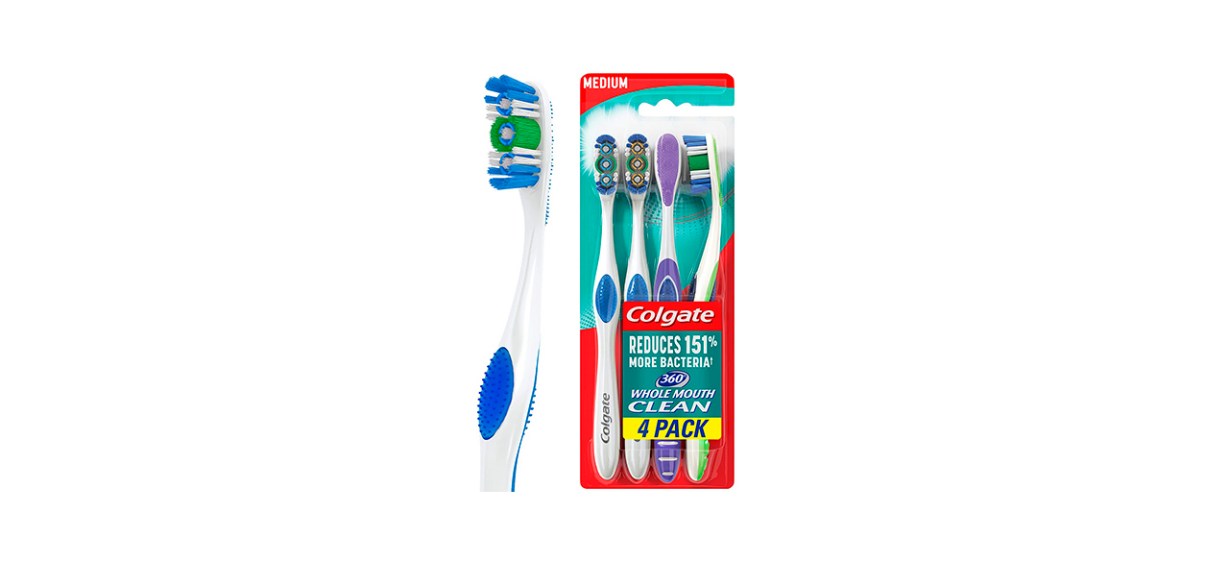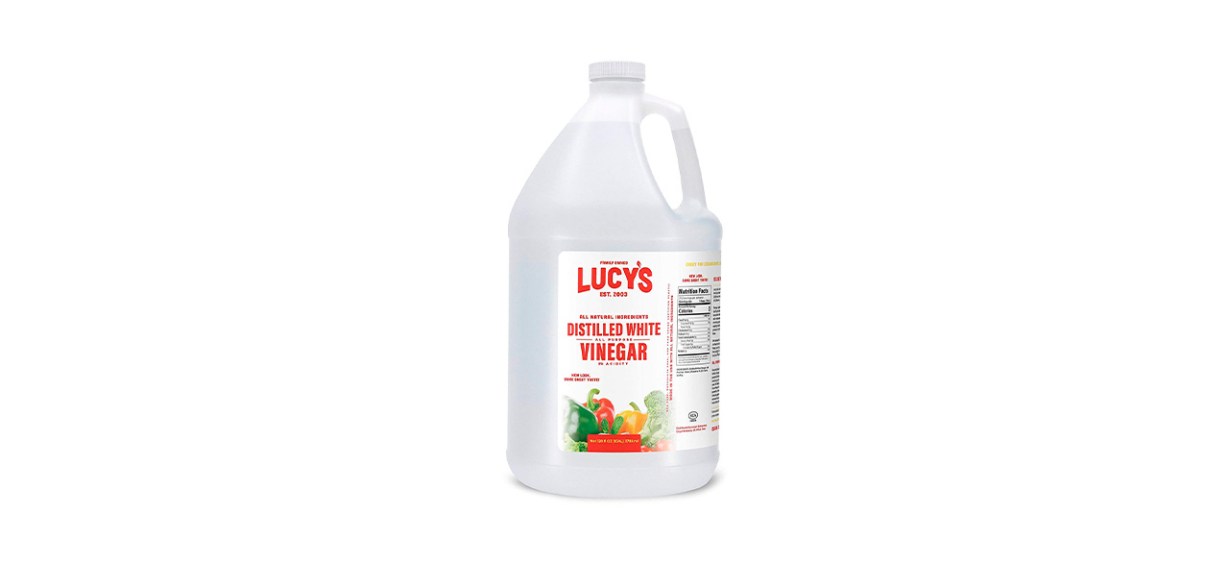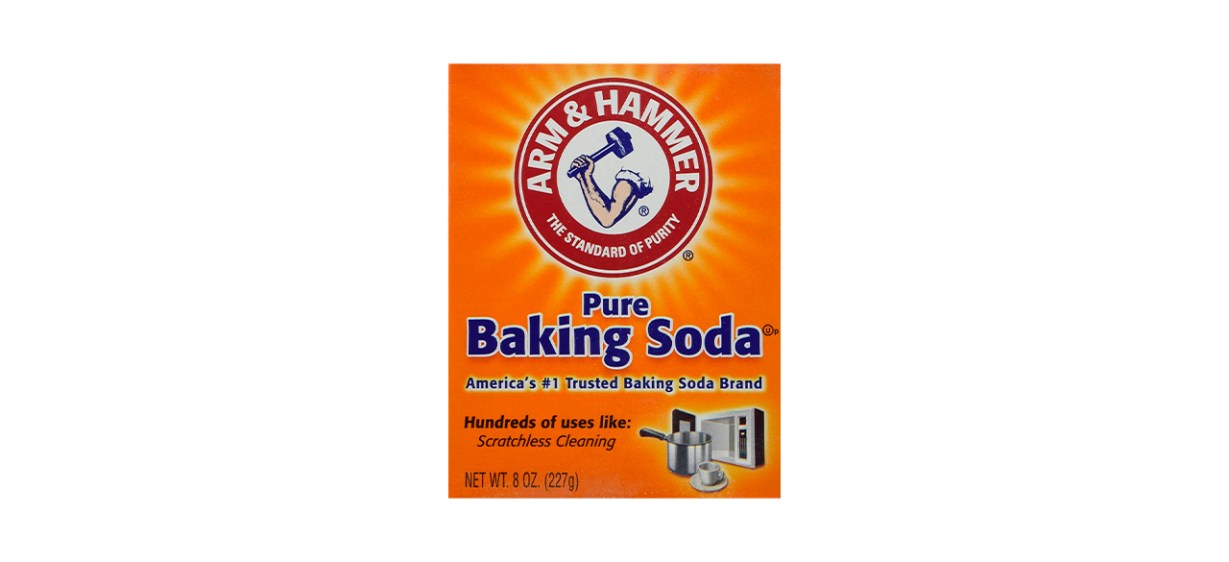How do you clean a front-load washer?
Front-load washers are energy efficient, quiet and use less water than top-load machines. But like any appliance, they need regular maintenance and cleaning to keep them at their best.
While cleaning the parts of the washer you can see is simple enough, it’s the buildup of dirt and grime in the parts you can’t see that typically causes problems. Learning some easy methods for cleaning your washing machine’s filters, pipes and drum lengthens its life and keeps it functioning as it should.
Why should you clean your front-load washer?
Any appliance that uses water is prone to mold. Even with its built-in drainage, your front-load washer can develop mold due to the warm, damp environment it produces during a washing cycle.
Pair the mold with the dirt and traces of detergent that get left behind after each wash, and it’s not surprising that your washer can develop a bad odor.
But the problem goes beyond an unpleasant smell. Letting grime and mold build up in the recesses of your machine can make it less efficient at cleaning laundry. The debris can clog the mechanisms of your machine over time and reduce its ability to produce hot water or spin properly.
If the problem is left to fester long enough, you may need replacement parts or even an entirely new washer.
How often should you clean a front-load washer?
That depends on how often you use it. Generally, you should do some quick maintenance once a week on its exterior. Deep cleaning that targets the inner mechanisms to keep them clear of bacteria, dirt and mold should be done about once a month.
Steps for cleaning a front-load washer
First, make sure you have cleaning supplies on hand. You’ll need:
- White vinegar
- Baking soda
- A clean cloth
Microfiber cloths are preferable because they pick up more dust and dirt. It’s also a good idea to choose distilled white vinegar in a spray bottle to make the process easier.
Step 1: Wipe down the washer’s outside and door
Spray some vinegar on the door’s inside and outside. Wipe vigorously with a microfiber cloth until all dirt is removed.
Make sure you also spray and clean the rubber seals around the door and at the washer’s opening. You can use a smaller tool such as a toothbrush to get in between any crevices.
Step 2: Clean the washer’s detergent drawer
Open the detergent drawer and remove it. You can typically remove the drawer by holding the handle and lifting upward and outward.
Rinse the drawer thoroughly and use a microfiber cloth sprayed lightly with white vinegar to remove any stubborn debris or congealed detergent. Once clean, replace the drawer in the machine.
Next, add approximately two cups of white vinegar directly into the washer’s detergent dispenser. If your washer has a detergent drawer with separate slots for detergent and fabric softener, distribute the vinegar evenly into each compartment.
Step 3: Clean the washer’s drum
Spray more white vinegar into the washer’s steel drum . Use a microfiber cloth to wipe down the drum’s surface.
Step 4: Run the hottest, longest cycle
With the white vinegar still sitting in the detergent slots, close the machine’s detergent drawer and door. Set your washer to the longest, hottest cycle available.
Step 5: Add some baking soda to the drum
Once the wash cycle has finished, open the washer door. Add approximately half a cup of baking powder into the drum. Now run the washing machine again at a high temperature.
Step 7: Air out the washer
Once the second wash has finished, open the washer’s door and detergent drawer. This lets the machine dry out completely and prevents mold and bacteria from growing in an enclosed, damp environment.
What you need to buy for cleaning a front-load washer
Lucy’s Family Owned Natural Distilled White Vinegar
This vinegar is all natural and at 5% acidity, it’s strong enough to clear dirt and grunge from your front-load washer’s inner mechanisms. It’s ready to use so you don’t have to worry about diluting it with water.
Where to buy: Sold by Amazon
Arm and Hammer Pure Baking Soda
This baking soda can be used for multiple cleaning and cooking purposes, including cleaning your washing machine. The cardboard box is compact but must be stored in a clean, dry spot.
Where to buy: Sold by Amazon
Want to shop the best products at the best prices? Check out Daily Deals from BestReviews.
Sign up here to receive the BestReviews weekly newsletter for useful advice on new products and noteworthy deals.
Lauren Farrell writes for BestReviews. BestReviews has helped millions of consumers simplify their purchasing decisions, saving them time and money.
Copyright 2022 BestReviews, a Nexstar company. All rights reserved.



